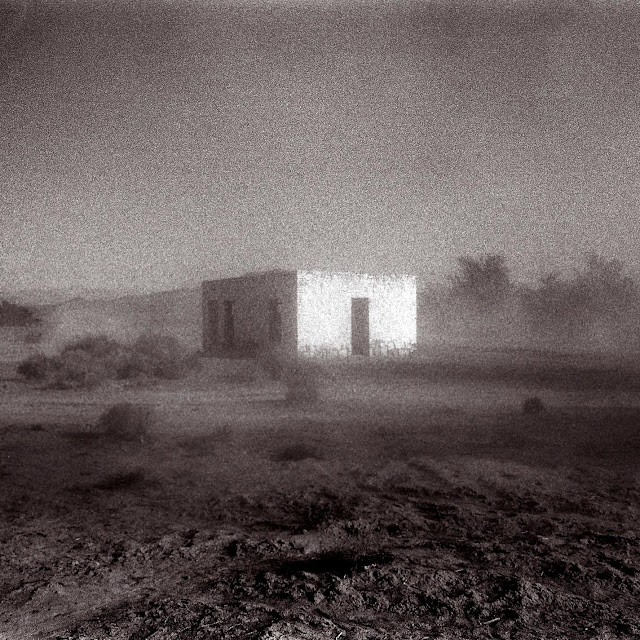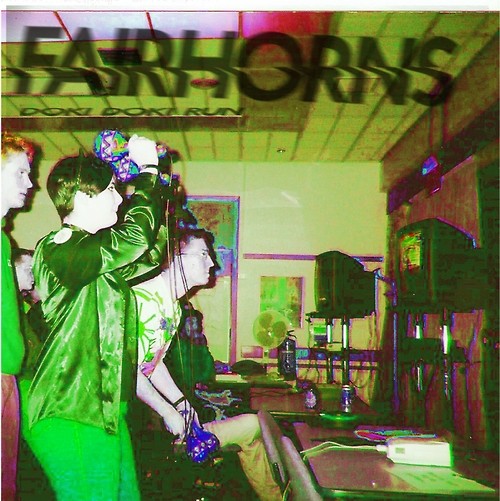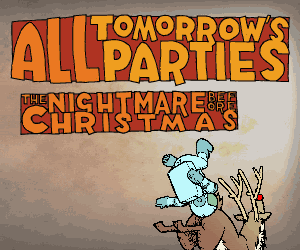
Metallic Side is initiated by a wily guitar line that floats amidst dub minimalism and sounds as though it's coming in to land on BBC satellites, ready for ubiquitous broadcast from the outer echelons, before washes of intergalactic sound intervene and before you can recall the chorus to High Hopes, metronomic, thudding 80s rhythms emerge from an abyss of background noises stolen from the outskirts of Venus. Floating key signatures are then stapled down by a joyously major key swing, before Dave Gilmour's quintessentially home county croon permeates the seemingly unconquerable calculated noise provoked thus far. The lyrics "If you believe in justice, if you believe in freedom..." tail off into a black hole of sonically ambiguous female vocals and chameleonic Stratocaster stabs. Modulated guitars undulate, robotic heartbreak is put to muted keyboard, and the gleaming Metallic Side threatens to disappear in a quagmire of self-indulgence, before an acoustic guitar wades through the confusion, teleported in from decades past, as if sewn in fresh from the stagnancy of the chopping board upon which The Division Bell was carved. Harmonies reminiscent of Still Life At The Penguin Café collide with troubadour guitars for several minutes, before transmissions lost in cyberspace usher in ethereal chanting plucked from the Vatican catacombs. A sense of coherency is recovered with the arrival of an almost disco-infused down-tempo lollop, that flies into the back of the elongated harmonics of Gilmour's transient guitars once more, before the compressed, hushed sound of neutron stars collapsing leads the Metallic to the Sphere Side, as reversed delay layered over trundling synths adds an altogether more tangible, earthly essence to the record. Not so much differentiated as A and B side per se, the Sphere Side pertains to more recognisable concurrent tendencies, from the trip hop dominance of Massive Attack, to the rhythmical dubstep of Pariah, Amman wails and the recurring vocal refrain glistening within the Metallic Side of things, this time set to a bizarre tune caught between the pupil-enlarged bagginess of the Happy Mondays and the blippy techno of Orbital. Proceedings are brought to a rather earth-shattering conclusion by the most gigantic drumbeat this side of The Prodigy's primordial Warriors Dance, slowly but surely drifting in and out of clouds of static, falling into subdued strings. Ethereal, atmospheric and otherworldly, an improbable triumph that floats and drifts higher than Waters' estranged inflatable pig ever would in truffle-filled pipe dreams.
























